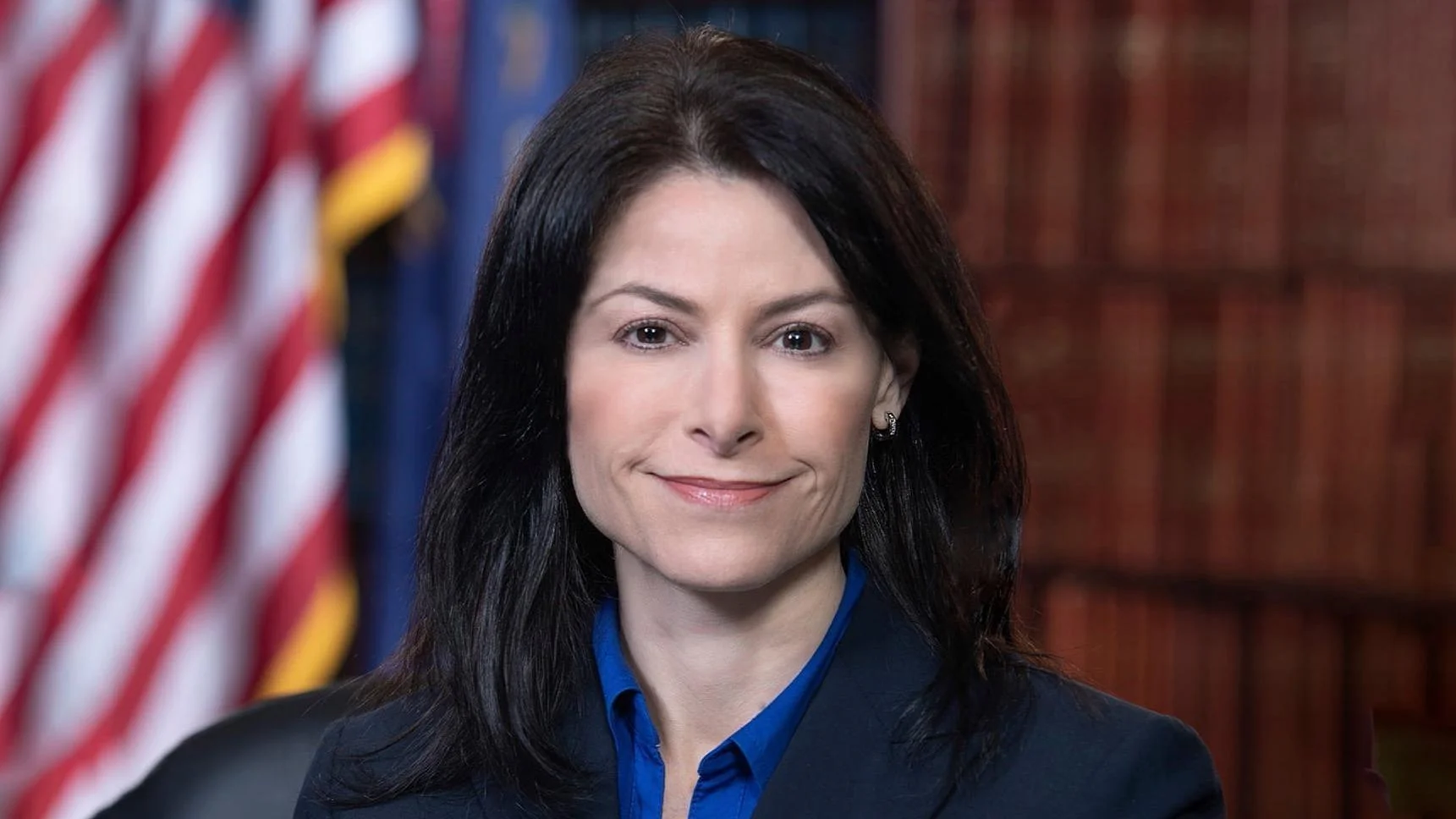Dana Nessel, Attorney General of Michigan | www.facebook.com
Dana Nessel, Attorney General of Michigan | www.facebook.com
The Michigan Department of Attorney General presented oral arguments before the Michigan Supreme Court as part of an ongoing appeal related to the state’s investigation into Eli Lilly and Company’s insulin pricing. The case centers on whether previous Supreme Court decisions—Smith v. Globe Life Ins. Co. (1999) and Liss v. Lewiston-Richards, Inc. (2007)—should be overturned.
Eli Lilly has cited these two decisions to argue that the Michigan Consumer Protection Act (MCPA) does not apply to its sale of insulin, which has prevented the Attorney General’s office from investigating the company’s pricing practices. The Michigan Supreme Court agreed to rehear arguments about reversing these earlier rulings, following initial oral arguments in October 2024.
The Smith and Liss rulings have been interpreted to prevent state investigations into business practices when a product or service is authorized for sale by a federal or state agency, regardless of how those products are marketed or sold. This interpretation has limited the scope of the MCPA and restricted state oversight over various industries, including prescription medications.
Attorney General Dana Nessel stated: “Eli Lilly has relied on these past Supreme Court decisions that twist a narrow exemption into something far too broad. The Michigan Consumer Protection Act is supposed to protect consumers, but instead it often shields many corporations from any real accountability, even when their business practices are clearly egregious. People in Michigan expect this law to have their back, and it is my hope that the Court sides with the consumers who have been hurt by deceptive practices.”
Nessel began investigating Eli Lilly in January 2022 over concerns about insulin pricing for diabetic patients and filed a Complaint for Declaratory Judgment seeking clarification on whether Section 4 of the MCPA allows such an investigation. However, based on Smith and Liss precedents, Eli Lilly obtained an order stating that the MCPA does not apply to its insulin sales.
In July 2022, Ingham Circuit Court Judge Wanda M. Stokes ruled in favor of Eli Lilly, determining that because selling insulin is authorized by the Food and Drug Administration (FDA), it falls outside the reach of the MCPA according to existing legal precedent.
After appealing this decision through both the Court of Appeals and directly to the Michigan Supreme Court via a bypass application—which was denied—the Attorney General continued efforts at both appellate levels. The Court of Appeals upheld Judge Stokes’ ruling, leading Nessel’s office to file with the Supreme Court again in August 2023.
If reversed, these earlier court decisions could restore broader protections under consumer law for everyday transactions in Michigan—including prescription drug purchases—and allow renewed scrutiny over alleged unfair business conduct.




 Alerts Sign-up
Alerts Sign-up